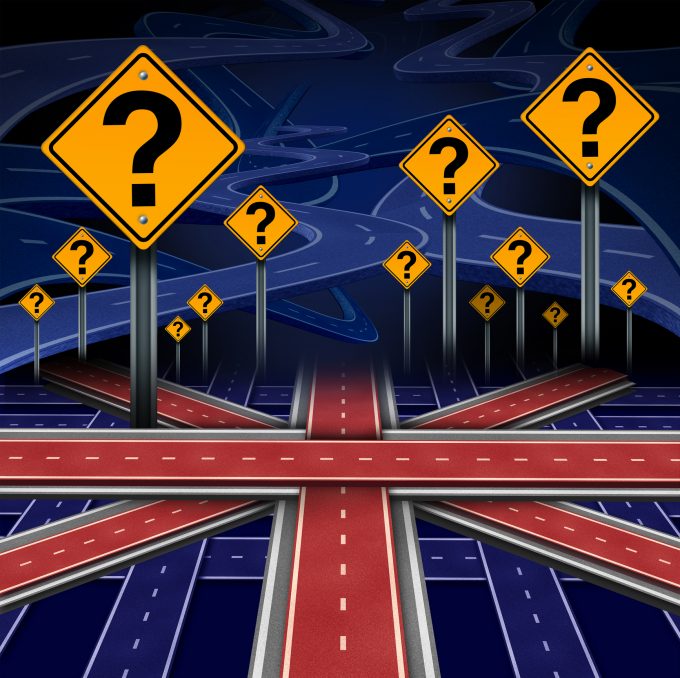
The UK government needs to rethink its approach to Brexit now the Tory government has lost its majority, says the Freight Transport Association.
The FTA said the result indicated there was no clear mandate for the proposed “hard Brexit” and departure from the EU Customs Union.
Deputy chief executive James Hookham said it was imperative the new government focused on ensuring business with EU customers and suppliers continued efficiently.
“Exiting the customs union threatens the imposition of tariffs, border checks, customs declarations and huge amounts of bureaucracy,” said Mr Hookham.
“Negotiating a replacement trade deal that avoids these would require a strong and convincing mandate, which the election has now put into doubt.”
However, speaking to The Loadstar, Jonathan Roberts of the UK Chamber of Shipping, told The Loadstar he disagreed.
“Firstly, I’m not sure I buy into the idea of ‘hard Brexit’, and if you look at the two main parties, which collected 85% of the votes, their views on Brexit are not that far apart,” said Mr Roberts.
“Both agree on securing rights for UK and EU citizens; both want migration control; and both want some sort of customs agreement in place.”
Mr Roberts said the divergence was in the machinations, but even there, he noted, there was some coherency, with Labour’s shadow secretary of state for exiting the European Union, Keir Starmer, stating “nothing should be off the table”.
He said: “The point is, with such similar stances, you cannot really say the government does not have a mandate to proceed as it was. The problem comes on the political end and the chances of getting a Tory proposed Brexit through parliament.”
Mr Hookham, however, said the importance of “frictionless arrangements” for UK trade with the EU meant that the decision to leave the customs union should be reviewed as a matter of urgency.
“Other ways of achieving a positive outcome for Brexit should now be considered [by the government],” he added.
Mr Roberts said the UK Chamber of Shipping wanted Labour and the Conservatives to come together to ensure a deal that allowed free movement of trade on both sides of the Channel.
“You don’t necessarily need to be part of the customs union to achieve this; what is needed is close cooperation between Labour and Conservatives,” he said. “And while there is fairly close scope for the two parties to work together, they will need to take the politics out of it to succeed.”
Deputy policy director of the Road Haulage Association Duncan Buchanan told The Loadstar that, regardless of Brexit’s form, government needed to be much clearer on import and export control.
“The sector has limited time to adapt to new arrangements, and failure to put clear and workable arrangements in place for road haulage sector will result in gridlock at UK ports,” said Mr Buchanan.
“An implementation period upon Brexit is likely to be needed to allow a smooth transition, and we suggest this should be included in early discussions.”
Last year, roughly 44% of the UK’s exports in goods and services went to the EU, worth £240bn of the £550bn total exports.
Chief executive of the UK Chamber of Shipping Guy Platten said, whatever happens, there should be no “knee-jerk” calls for another general election.
“In the last three years we have had two elections and two referendums,” said Mr Platten. “More elections will serve only to divide the nation further, at a time when, more so than any time in recent history, we need to come together.”


